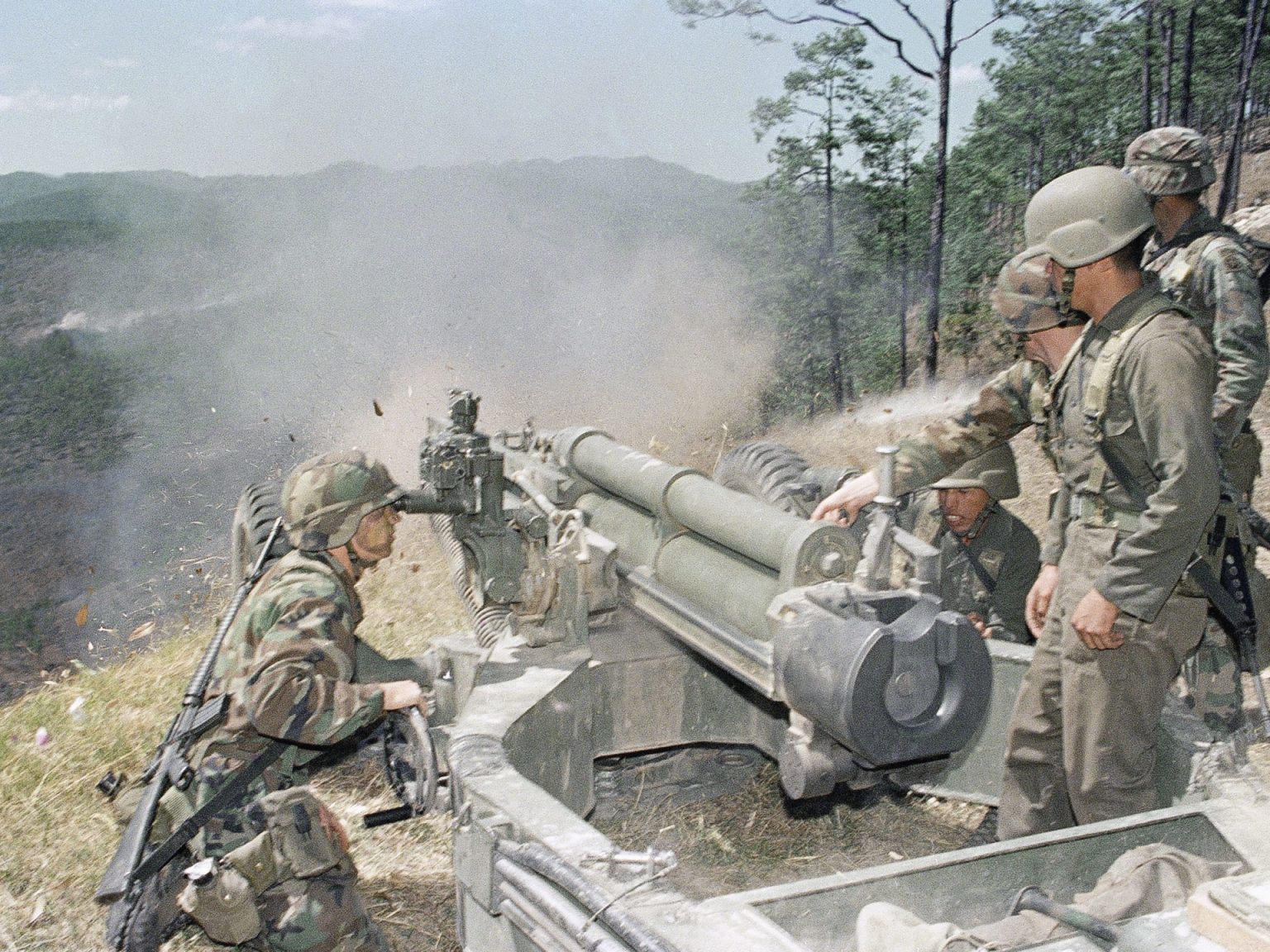Honduras has threatened to expel United States troops in response to President-elect Donald Trump’s plans to carry out mass deportations of refugees and asylum seekers entering the US from Central America. This plan could affect hundreds of thousands of people from Honduras, a country that hosts a significant US military base. President Xiomara Castro stated that US military facilities in Honduras, particularly Soto Cano Airbase, would lose their reason to exist if mass deportations were carried out. The longstanding US military presence in Honduras and broader operations in Central America are at the heart of this dispute.
Soto Cano Airbase, operational since the 1980s to combat perceived communist threats in the region, hosts more than 1,000 US military and civilian personnel. The base serves as a key launching point for the rapid deployment of US forces in the region, providing disaster relief, aid, counter-narcotics operations, and surveillance. However, some experts have criticized the US justification for its military presence at Soto Cano after their support of former Honduran President Juan Orlando Hernandez, who was extradited to the US in 2022 for drug crimes and money laundering.
The threat from Honduras marks a significant moment in Central American geopolitics, with the US possibly inclined to keep Soto Cano amid competition with China. Honduras relies on remittances from overseas citizens, particularly those in the US, resulting in about 27 percent of its GDP coming from remittances. The country’s economy could suffer without these remittances, and mass deportations would further strain the economy. However, the threat is seen as a negotiating tactic rather than an immediate policy shift.
The US response to Honduras’s threat remains uncertain, with analysts viewing it as a significant assertion of Honduran and Central American sovereignty. President Trump has pledged swift deportations of undocumented immigrants, but without concrete plans, leaving Latin American governments uncertain. Honduras lacks leverage to influence US policies meaningfully, and a potential rupture in military relations may disappoint the US but not critically impact its operations. Soto Cano Airbase’s strategic importance has diminished since the 1980s and 1990s, leading the US military to consider its withdrawal.
The US-Honduras relations may be at a turning point with the threat from Honduras, particularly under a Republican-led administration. President Trump is not likely to take kindly to threats to the US military, possibly leading to a worsening of bilateral relations. The threat may be spun into a broader anti-communist Cold War framework by Republicans, aligning President Castro’s government with anti-US governments like those of Venezuela and Nicaragua. The implications of this threat on future bilateral ties remain to be seen as the situation evolves.


